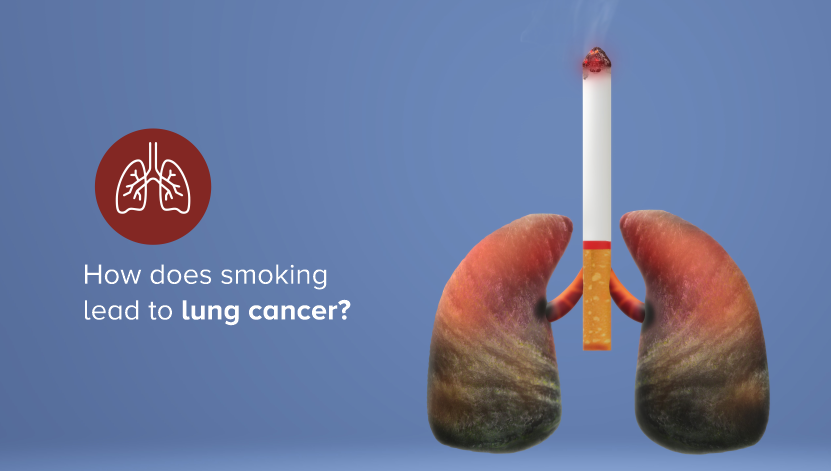Smoking is widely recognized as the single largest preventable cause of lung cancer across the globe. Despite the widespread awareness of its dangers, millions continue to light up daily, exposing themselves to a plethora of harmful chemicals with every puff.
